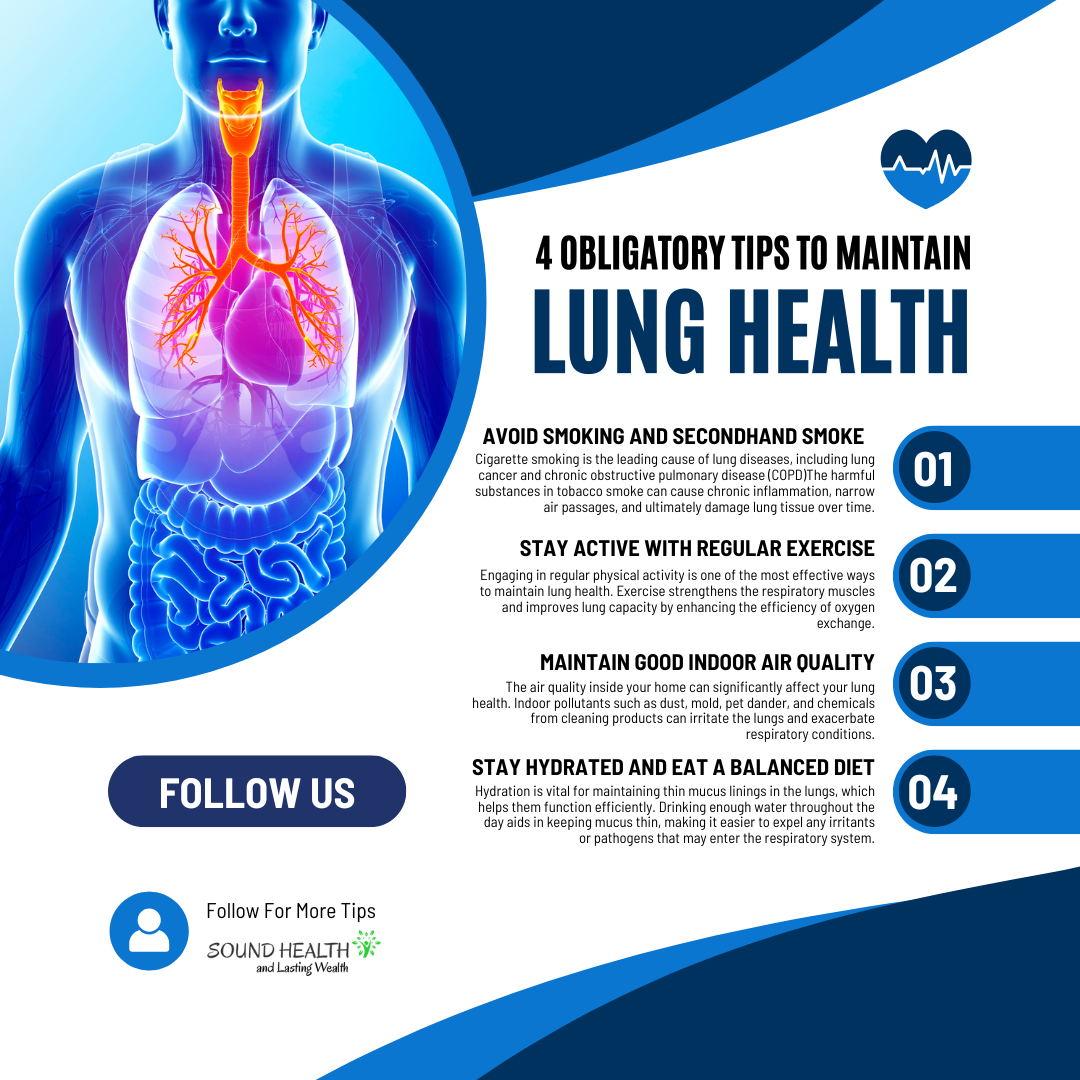Lung problem symptoms to watch for, lung health is often taken for granted until symptoms arise that can significantly affect your quality of life. Many individuals overlook early signs of lung issues, attributing them to fatigue, stress, or aging. However, recognizing these sneaky symptoms can be crucial in addressing potential lung problems before they escalate into serious conditions. Here, we will explore six sneaky symptoms of lung problems, when to consult a doctor and the importance of monitoring symptoms that worsen over time.

6 Sneaky Symptoms of Lung Problems
It’s easy to write off minor bothers like aches or dizziness, but it turns out they can be unexpected symptoms of lung problems. Here are six under-the-radar signs to watch for:
- Persistent Cough: A cough that lingers for weeks or even months should not be dismissed as merely a seasonal cold. A persistent cough can indicate underlying issues such as chronic bronchitis or even lung cancer. It is particularly concerning if the cough produces mucus that changes color or contains blood.
- Unexplained Fatigue: While feeling tired can result from various factors, unexplained fatigue may point to respiratory problems. Conditions like Chronic Obstructive Pulmonary Disease (COPD) can lead to increased effort in breathing, resulting in excessive tiredness that does not improve with rest.
- Shortness of Breath: Difficulty breathing during activities that previously posed no challenge is a significant warning sign. This symptom can develop gradually and may be mistaken for normal aging or lack of fitness, but it often indicates a problem with lung function.
- Chest Pain or Discomfort: Chest pain associated with breathing or coughing should always be taken seriously. This symptom can signify serious conditions such as pneumonia or pulmonary embolism and warrants immediate medical attention if persistent.
- Wheezing: A wheezing sound during breathing is often associated with asthma but can also indicate other lung diseases. If wheezing occurs frequently or worsens over time, it is essential to seek medical advice.
- Coughing Up Blood: Any instance of coughing up blood—no matter how small—should prompt immediate consultation with a healthcare provider. This symptom can indicate severe conditions such as lung cancer or tuberculosis.
When to See Your Doctor About Symptoms of Lung Problems
Recognizing when to seek medical advice is critical for maintaining lung health. You should see your doctor if you experience:
- Shortness of breath that occurs unexpectedly or during minimal exertion.
- A persistent cough lasting more than three weeks.
- Chest pain that worsens with deep breaths or coughing.
- Coughing up large amounts of mucus, particularly if it is yellow, green, or bloody.
- Unexplained weight loss or fatigue that interferes with daily activities.
- Symptoms that do not improve over time or worsen despite treatment.
Consulting a healthcare professional promptly can lead to early diagnosis and intervention, potentially preventing more severe complications associated with lung diseases like COPD and lung cancer.
Watch for Symptoms of Lung Problems That Worsen Over Time
Monitoring your symptoms is essential for effective management of lung health. If you notice any of the following changes in your condition, it’s crucial to seek medical attention:
- An increase in the frequency or severity of shortness of breath.
- A worsening cough that becomes more painful or productive.
- Changes in the color or consistency of mucus produced during coughing.
- New symptoms develop alongside existing ones, such as fever or night sweats.
- Increased fatigue that affects daily activities and quality of life.
Understanding these warning signs and taking them seriously can make a significant difference in outcomes for individuals with lung problems. Early intervention not only improves prognosis but also enhances overall quality of life by allowing individuals to maintain their daily activities without debilitating symptoms.

By being aware of these sneaky symptoms and knowing when to seek help, you empower yourself to take control of your lung health and ensure timely treatment for any potential issues.
Also Read | Poor Sleep May Worsen Lung Diseases: A Major Cause, Says New Study









